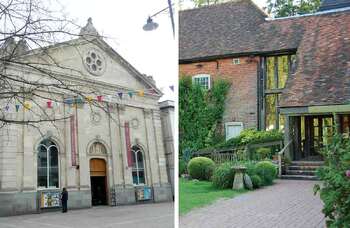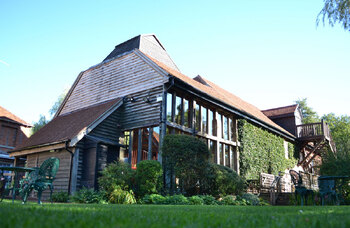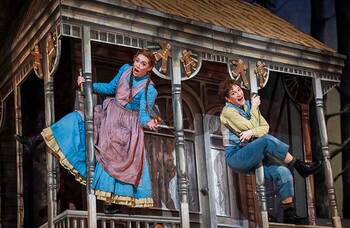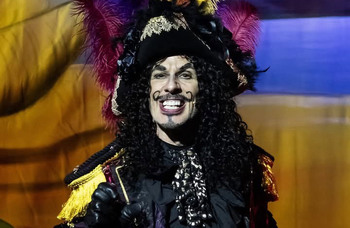Notes from a Small Island review
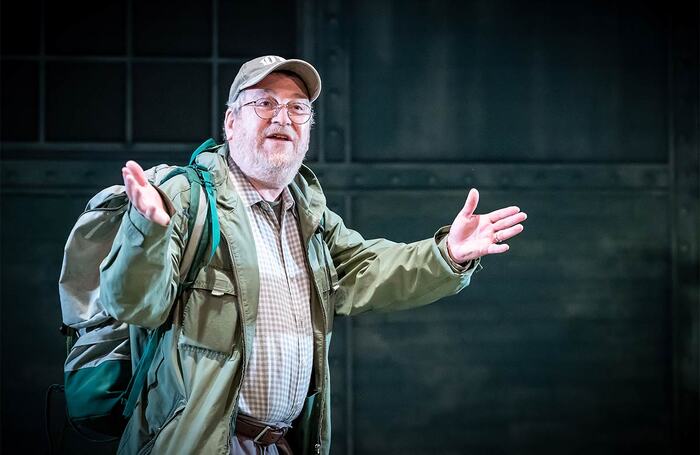
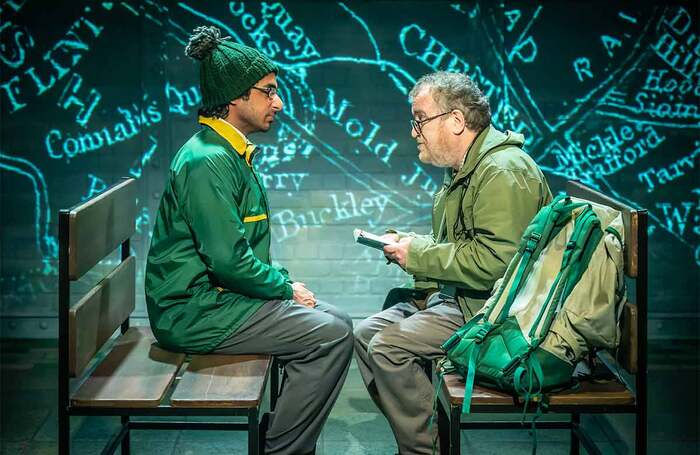
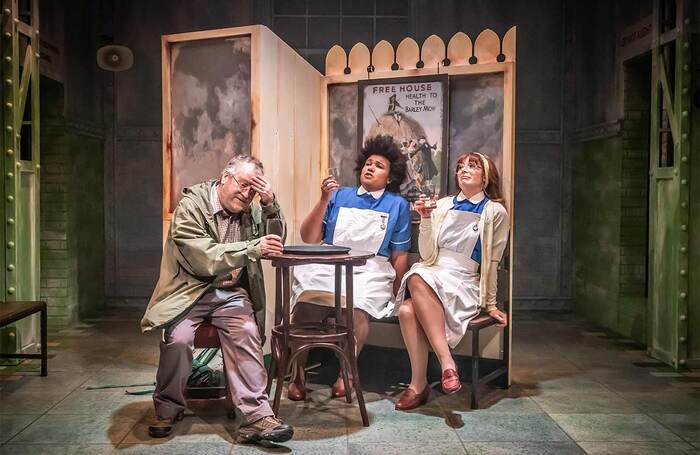
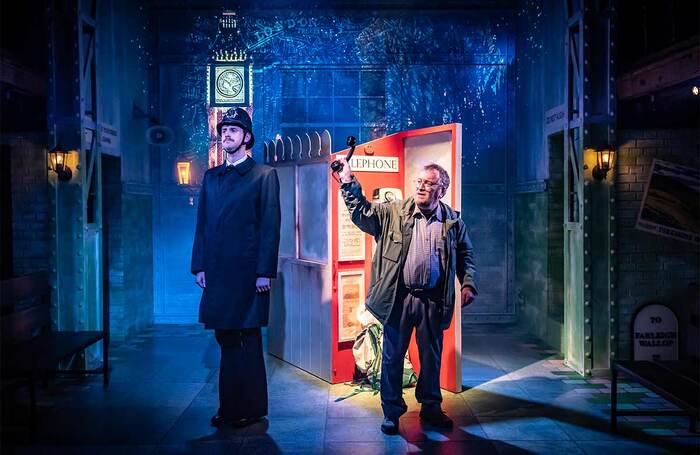
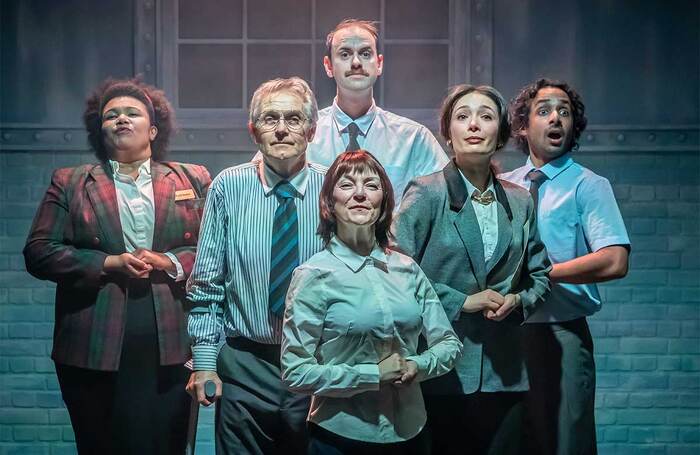
Inventive theatrical adaptation of Bryson’s novel
Although American author Bill Bryson had already published several books before the end of the 20th century, it was his autobiographical Notes from a Small Island that catapulted him into the British consciousness in 1996. It helps, of course, that Bryson’s book was a love letter to the United Kingdom, detailing his own experience of visiting in 1973 and witnessing first-hand the peculiarities of everyday life in a sovereign state that was undergoing huge cultural changes.
The joy of Bryson’s book is in the fine, personal detail. It is not so much the rolling hills of Yorkshire or the granite city of Aberdeen that he extols, but the resilience and quirkiness of the natives. Arriving in Dover in the 1970s, he encounters a boarding house that makes Fawlty Towers seem like a documentary. He is fascinated by London and eventually works there, witnessing the rise of Rupert Murdoch and the print workers’ strike that precipitated Bryson’s move to Yorkshire.
With more than 80 characters and incorporating almost as many cities, Tim Whitnall’s adaptation was always going to be a hugely ambitious project. Yet it seems perfectly suited to the talents of artistic director Paul Hart and the team at the Watermill, whose strengths are firmly rooted in community and theatrical invention. Whitnall may truncate Bryson’s original travelogue but he does manage to capture the spirit of the novel, while Hart and his creative team supply the magic.
Continues...
Designer Katie Lias uses the wrought ironmongery of a railway station as a starting point for her set design, aged with a pale-blue patina, rusting in the corners. There are also beautiful animated projections by George Reeve. This tour of Britain has been lovingly recreated, bringing to mind vintage railway posters and lending colour and contrast to Whitnall’s script.
Mark Hadfield makes a feisty but affable Bryson, occasionally struggling with the mammoth script but otherwise wholly believable as the amiable alien. A cast of six plays everybody else, from panhandlers to print workers. They make a strong, diverse ensemble, gradually building up a picture of Britain over the decades. Wendy Nottingham is a formidable Mrs Smegma, the redoubtable seaside landlady who sets the standard for hospitality in the 1970s, while Anne Odeke is hilarious as an uninspired usher. Bryony Corrigan slips into many roles but establishes herself succinctly as Bryson’s kind-hearted but eternally practical fiancée and later wife.
Those familiar with Bryson’s book may feel slightly short-changed by Whitnall’s editing. But this is a thoroughly enjoyable piece of theatre that can only bring new audiences to the writer’s work.
More Reviews
Recommended for you
More Reviews
Recommended for you
Most Read
Across The Stage this weekYour subscription helps ensure our journalism can continue
Invest in The Stage today with a subscription starting at just £5.99
